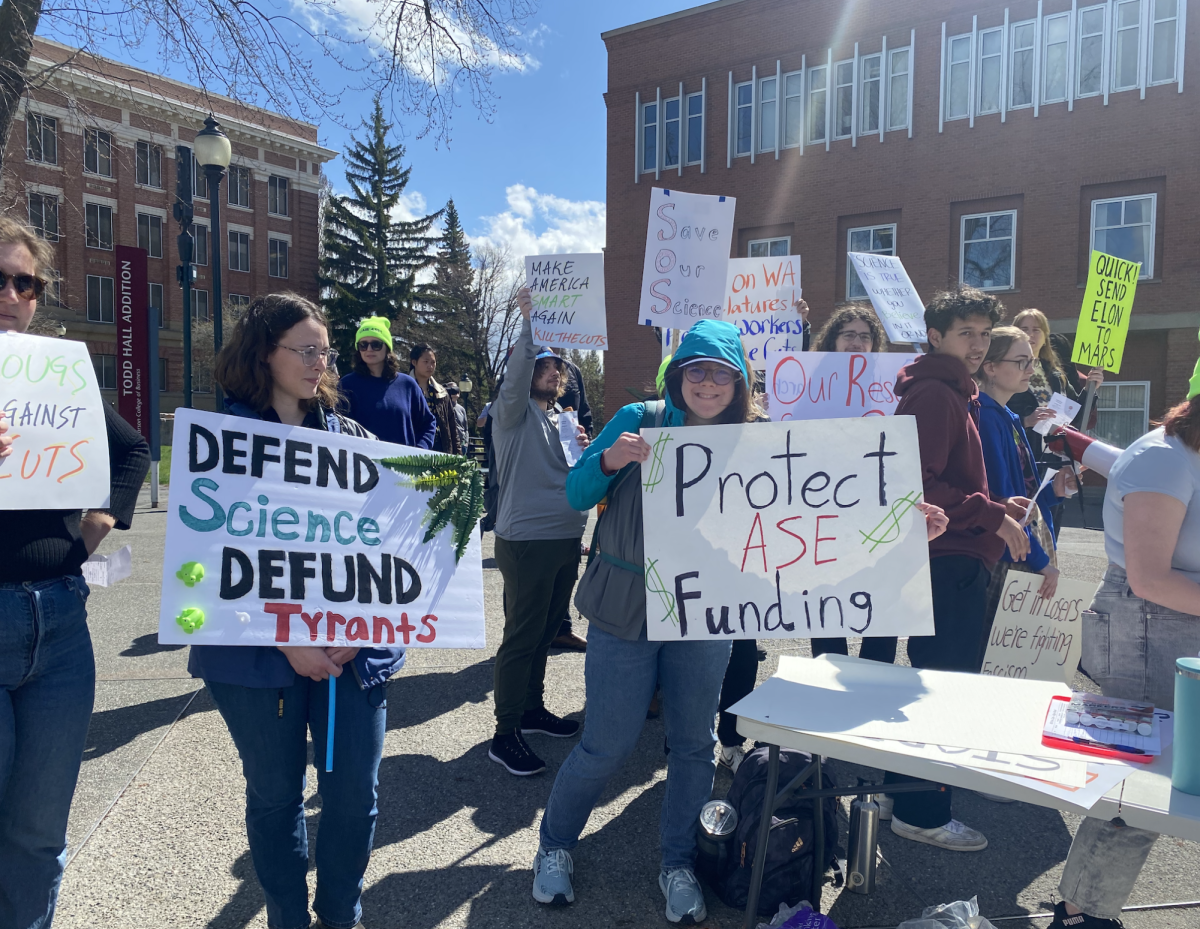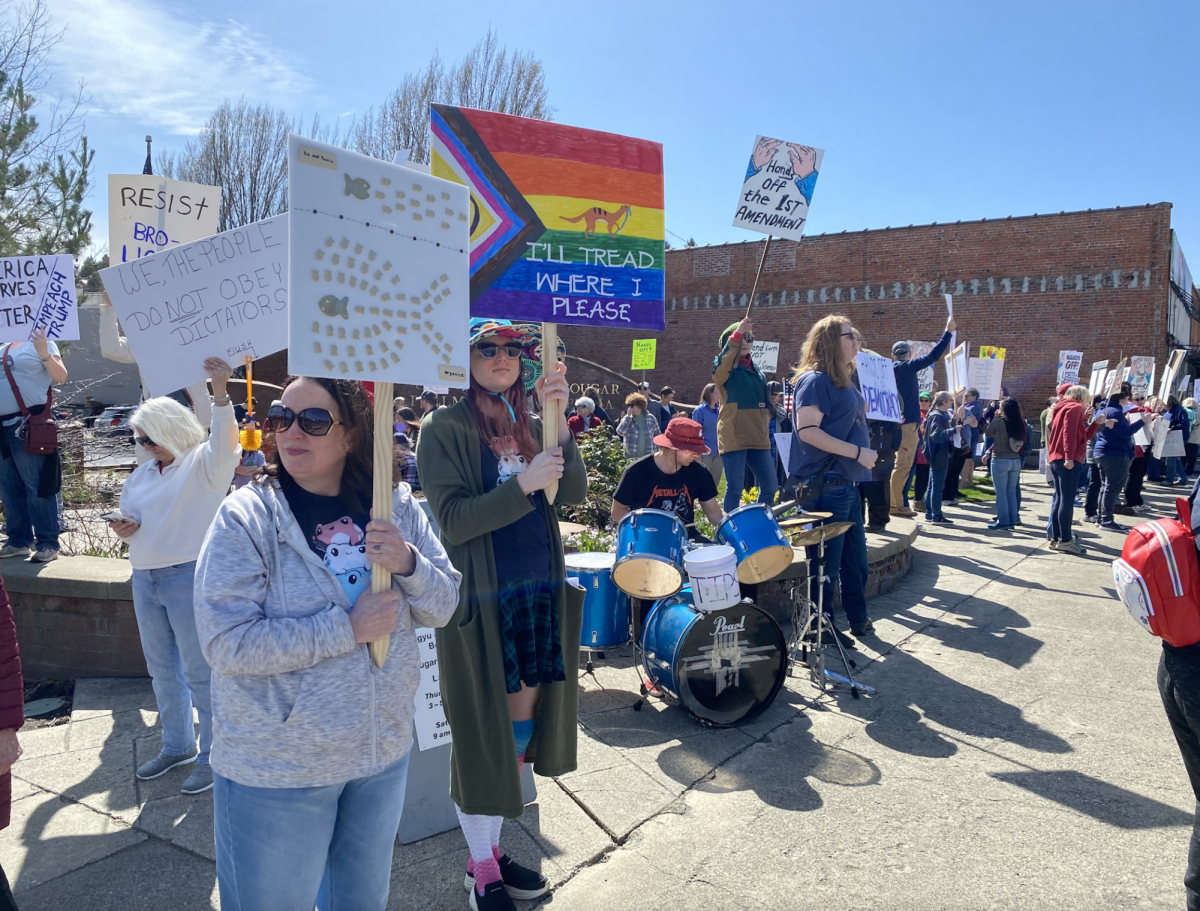Pullman City Council members addressed ASWSU on April 2 to discuss the new recovery center, a non-profit called the Whitman Recovery County Center. It is located in downtown Pullman at 226 East Main.
“We are thrilled to be downtown because recovery centers are all about destigmatizing the recovery from substance abuse, mental health and behavioral health issues,” said council member and Director of WRCC Director Megan Guido. “That was very important to us, that we were located in downtown, so that we’re kind of taking it out of the church basement, so to speak.”
The WRCC was temporarily operating from inside Real Life Church on Grand Avenue.
The center is using a peer recovery model, Guido said. People with lived experience who are currently in recovery will act as coaches for people new to recovery or those thinking about starting the process.
“[It’s about] giving [WRCC] a sense of community for folks who are in recovery, so that they can come and be with other people who are in recovery themselves,” she said.
The WRCC is under the Latah Recovery Center which has been operating for more than 10 years in Idaho. WRCC is also working alongside WSU’s Cougs for Recovery Program.
A grant from the Washington State Health Alliance allowed the WRCC to start up. The center will have volunteer peer coaches, certified peer coaches and recovery navigators.
“[Recovery navigators are] folks that help people who are struggling with substance use and are trying to stay sober may have different barriers that they are dealing with,” Guido said.
Recovery navigators can help in various ways, such as pet sitting or providing transport for people to get food and other groceries, Guido said. Currently, the only entrance limitations are age, you must be 18 or older to join the WRCC.
“We have a fairly low bar [in regard to] entrance. You say you’re in recovery, then you’re in recovery,” she said.
Arts and crafts, gardening, yoga and other activities will be offered alongside the regular 12-step programs.
Council member Nathan Weller shared his personal story of addiction and mental health issues with the senate as he spoke in support of WRCC. His speech ended with some positive words directed to those suffering from mental health and/or addiction in their lives.
“We have a challenge with the stigma of addiction and mental health … as we move from today, I hope that I can in some way instill that there is a way forward no matter what you face,” he said.
Whitman County Coroner Annie Pillers shared some information with ASWSU about what the Whitman County Co-Response Team does.
Pillers has worked on several suicide prevention and mental health programs, including the Whitman County Suicide Prevention and Resiliency Task Force.
Piller said a co-response team program is expensive and the county could not pay. So, she and others started a program themselves.
“We are a commission given, referral-based organization,” she said. “If you have someone that has had an acute crisis in their life, a medical issue, social crisis, a legal issue and you realize that they have not had a good support base, then by asking their permission [to give their details to] the co-response team, that is how we get initiated.”
She explained to ASWSU what work a co-response team usually undertakes.
“We bridge a short-term gap between finding long-term referrals for these folks,” Pillers said. “So far, the kinds of situations that we’ve been involved in have been have involved domestic violence, legal issues, deaths and medical,” Pillers said.
After someone seeks help for an incident, whether that be from a fire department, a doctor or a social services department, the co-response team steps in to ensure they get the help they need, Pillers said.
“What we really do is we stop and we listen,” she said.







